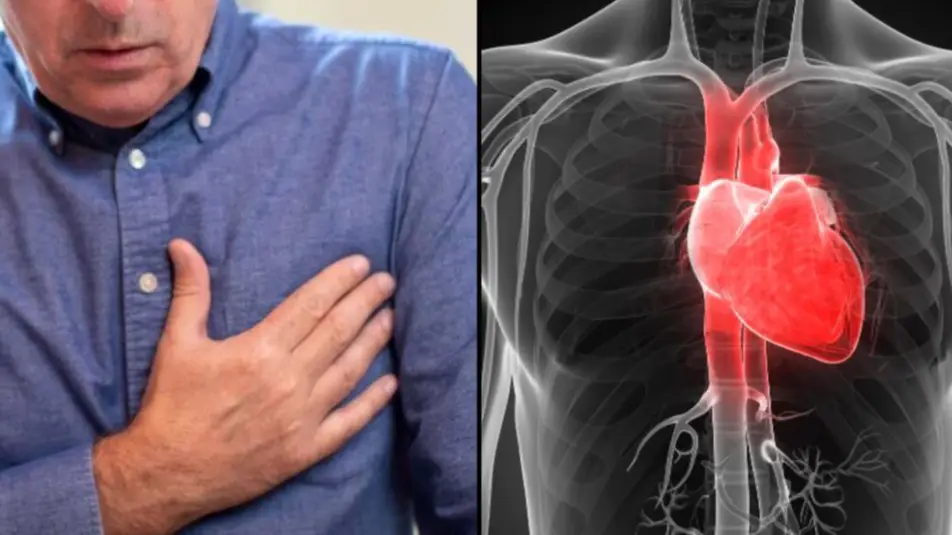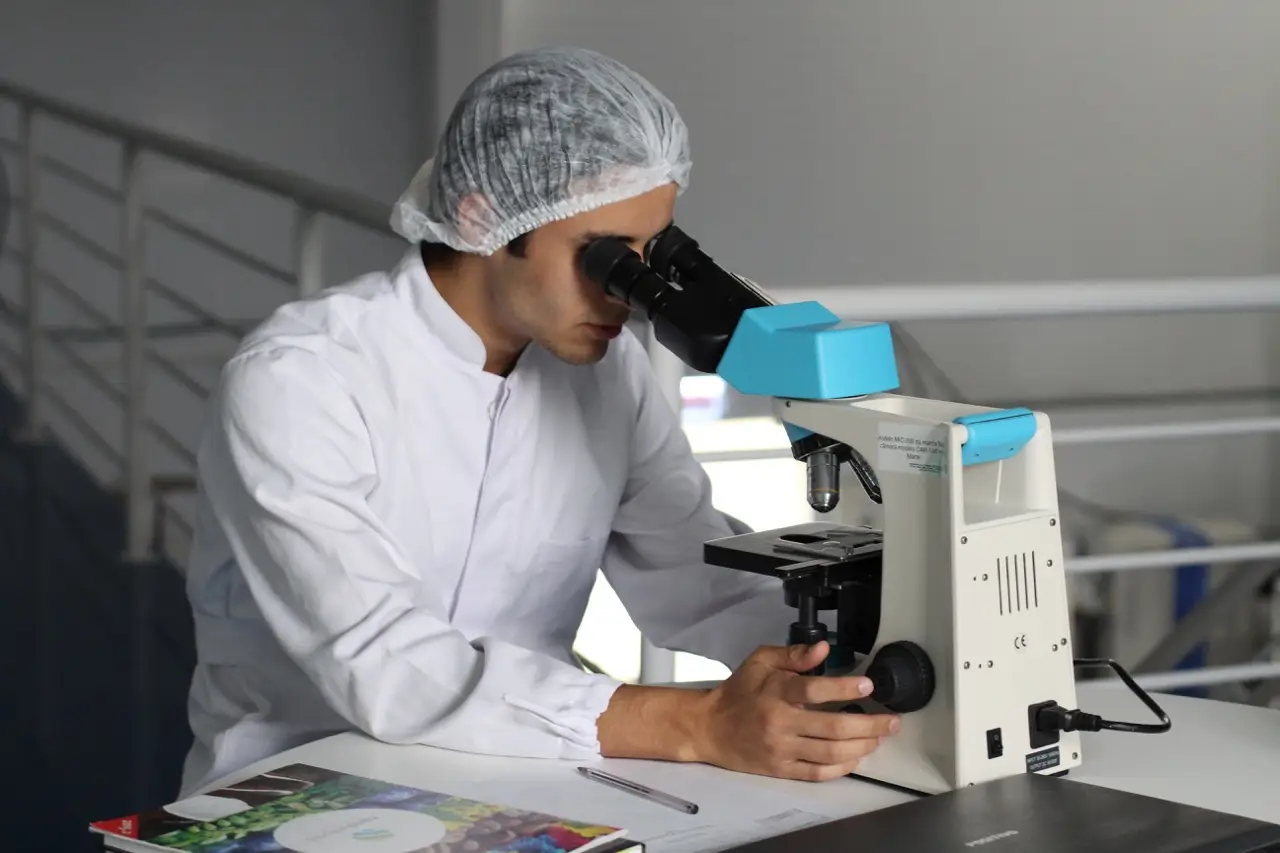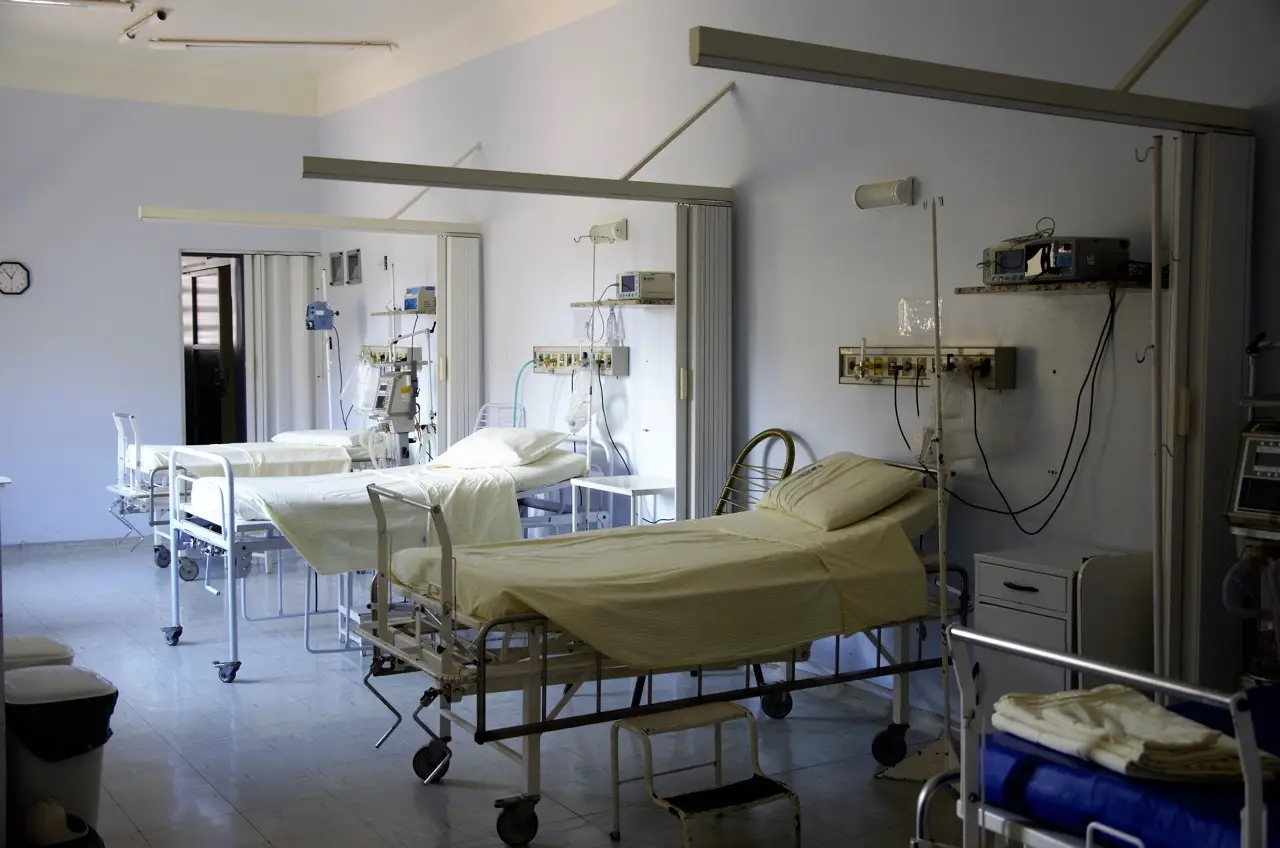
Scientists have identified similar genetic codes to those used to create Covid vaccines, and are applying the information towards regenerating hearts damaged from cardiac arrests.
Scientists at King's College London are leading the groundbreaking research, which could eventually lead to the world's first heart attack cure, reports The Times.
The key genetic code, known as mRNA, produce proteins that stimulate the creation of healthy new cells.
The new approach has been dubbed revolutionary and has, so far, been successfully used to regenerate damaged pig hearts.
Advert
Human trials are expected to run within two years.

Professor Mauro Giacca explained: "We are all born with a set number of muscle cells in our heart and they are exactly the same ones we will die with.
"The heart has no capacity to repair itself after a heart attack. Our goal has been to find a treatment that can convince surviving cells to proliferate.
"Regenerating a damaged human heart has been a dream until a few years ago, but can now become a reality.
"We are using exactly the same technology as the Pfizer and Moderna vaccines to inject micro RNAs to the heart, reaching surviving heart cells and pushing their proliferation.
"The new cells would replace the dead ones and instead of forming a scar, the patient has new muscle tissue."
Giacca’s team, based at the British Heart Foundation Centre for Research Excellence at King’s, is also developing a treatment to prevent cells from dying during a heart attack.

Giacca added: "We have identified three proteins which stop heart cells from dying by encouraging them to repair themselves.
"The idea is to now produce these proteins so they can be injected immediately after a heart attack – in the back of an ambulance or when the patient reaches the hospital.
"If clinical trials go well it would be blockbuster medicine in the history of cardiology. Both approaches are super-exciting.
"It would be really transformative. It is a completely new territory.
"The treatment revolution that has occurred in cancer in recent years, where there is immunotherapy and targeted biological therapies, has not occurred for the heart.
"Treatment for heart attacks and heart failure remains very similar to 50 years ago and the main pillars of therapy are drugs that were developed in the 1970s such as beta-blockers and ACE inhibitors."
Topics: Science, Coronavirus